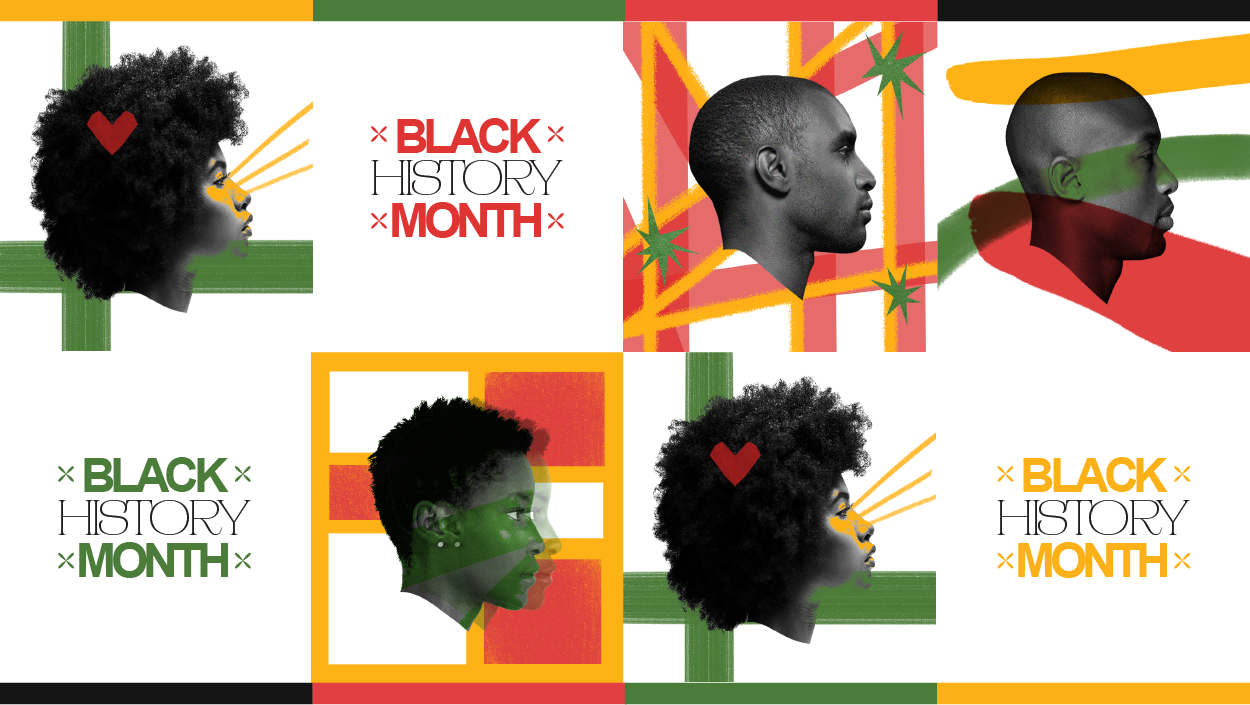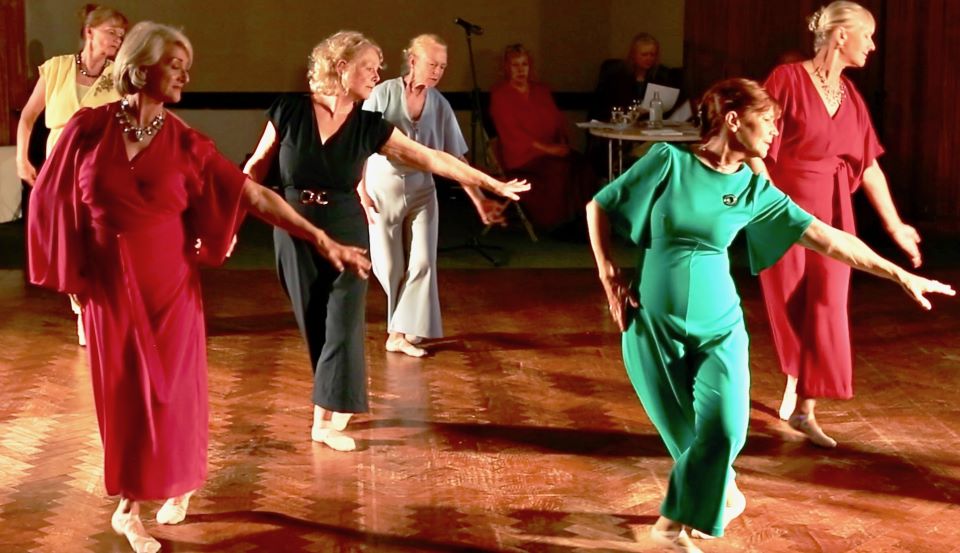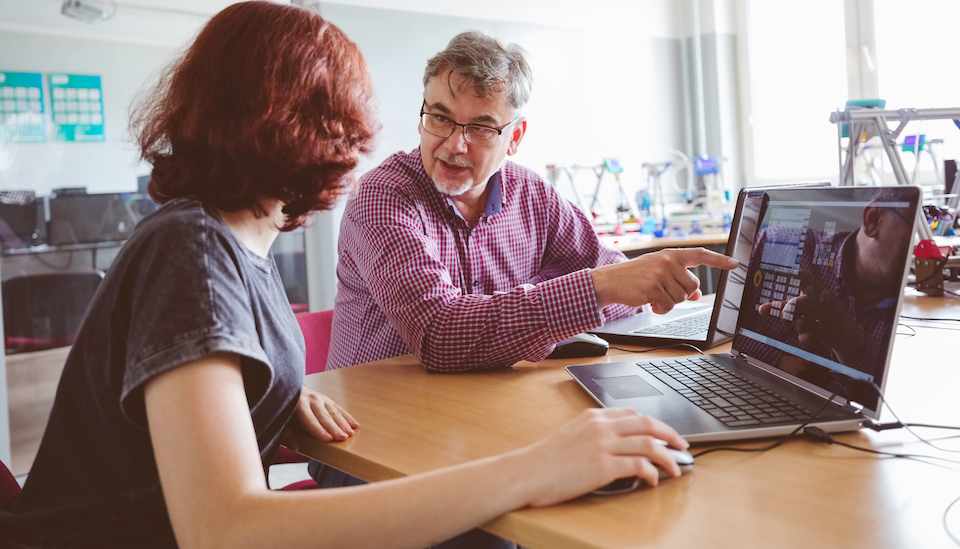Holistic democracy is the way of the future for organisations in the 21st century argues Professor Philip Woods FRSA.
The events across the Middle East are a reminder of the power of the idea of democracy and the yearning of people for respect, freedom and a say in the decisions that shape their lives. It is a reminder too that democracy itself is evolving and grows from the experience of our everyday lives.
In organisations of the 21st century, where people expend so much of their time and energies, there are signs and signals of the potential for a fundamental, paradigmatic change in how we view and make organisations work. There is evidence of a shift away from the pyramidic hierarchy and towards democratic forms that enable people to flourish as whole people who are spiritually, socially and ecologically connected. This is a trend I discuss in my forthcoming book Transforming Education Policy: Shaping a democratic future.
The changes are already in train. They build on traditions of workplace democracy and radically different forms of organisation such as co-operativism. But the organisational democracy that is growing now is qualitatively different from simply involving and consulting people more often. It is about bringing both greater participation and greater meaning to our lives in organisations. It’s about what I term holistic democracy. There are three drivers behind this: instrumental, participative, and expressive.
The instrumental driver is the impetus to use more democratic ways of working in order to improve organisational efficiency and effectiveness. An array of changes are part of this, including giving staff more choice in their work, enabling people to work collaboratively, encouraging creativity and initiative throughout the organisation, and distributing leadership and reducing the old reliance on the one leader. These are the strategies by which organisations can be more innovative and agile in responding to change in a highly complex and fast-paced world where successful ideas and innovation are the keys to survival. As one organisational leader put it to me, in order to avoid nightmares about achieving the company’s targets, he wants the staff on the frontline to have the freedom, confidence and understanding to get on with what the organisation needs to succeed.
Democracy, however, is not about using people more effectively. The other drivers to change get to the heart of organisational democracy for the 21st century. The participative driver is the intrinsic conviction that people have a right to be involved in decisions that affect them, to have their voices heard and their rights to freedom respected, and that those with power should be accountable for its use. It is part of a long-term evolution. An OECD study of governance highlighted a reduction over time in ‘the absolute or unconstrained power of those in positions of power’, affecting firms and families as well as national states.
People are ever more vigilant about scrutinising and controlling decision-makers, so we are entering an era of what John Keane calls ‘monitory democracy’, the seeds of which are being planted everywhere, including the bedroom and the boardroom as Keane puts it. This basic motivation to make power accountable is compelling organisations to change they way they work and to open up decision-making. This is not simply about voting. It is about: sharing power and facilitating dialogue as part of the culture; enabling people to make decisions, work flexibly and collaboratively, and initiate change; giving people the entitlement to open and transparent information; and having systems and spaces through which people can influence, and own, the vision and strategies of the organisation.
There is no one model to do this. It can be done by combining a variety of practical options. Options include changing the way in which relationships are structured across an organisation (in teams and collaborative working circles that are member-led, for example), or in creating mechanisms that facilitate dialogue about larger aims (by means of organisation-wide debates, using electronic media, for example). Some organisations are using open information processes (such as reviews of senior leaders being available for comment on the organisation website, as one large ICT company has done).
The expressive driver concerns the opportunity to find and create higher meaning: to express spiritual, artistic and creative impulses; to enjoy the intrinsic value of relationships and the warmth of caring human bonds; to live ethically and to learn and grow as full human beings. Underlying this is the recognition that people want more than mundane, repetitive lives. People inherently react against the rationalisation and disenchantment of bureaucracy, which the sociologist, Max Weber, diagnosed as the key characteristic of modernity.
In contemporary times, this reaction involves a turn to spirituality in many different forms and a renewal of connectedness with something greater than individualistic goals. The implications are apparent in the growing research literature about organisations and spirituality. Millions are involved in ‘life spiritualities’ through which they work for harmony and connection with healing energies; and more and more bring these into their organisational life.
Spiritual capital (the tradition and beliefs which orientate people to a transcendent source of human happiness and meaning) is being increasingly recognised, alongside social and human capital, as a dimension of organisational life vital to its integrity. The trend in organisational leadership is away from the ‘messianic’ leader towards leadership as a process concerned with contemplative spiritual-human values, compassion, environmental issues and ethical and social responsibility.
The smart organisation of the 21st century is democratic. The question is how deep this democracy goes. The wise organisation uses the instrumental drive to enhance involvement as a way of creating holistic democracy - a culture that pervades the organisation and through which leadership is dispersed and shared with people as whole human beings.
Philip Woods FRSA is Chair in Educational Policy, Democracy and Leadership at the University of Hertfordshire and Co-founder of FreeSpirit Education. His latest book, Transforming Education Policy: Shaping a democratic future, will be published by Policy Press in 2011.
Related articles
-
Black History Month: Q&A with I. Stephanie Boyce
Deborah Ajia
The first Black president of the Law Society discusses how she overcame the odds to rise to the top of her profession, and is now helping to drive social change as an RSA Fellow.
-
Keep dancing!
Barbara Berkeley-Hill
Age should be no barrier when it comes to dance. Barbara Berkeley-Hill discusses how dancing can help older generations feel younger, happier and more connected.
-
Educators as curators in the age of AI
Alex Soulsby
With artificial intelligence able to support individualised learning, educators should act as curators of knowledge – cultivating creativity, critical thinking and other competencies to help foster deeper and more meaningful connections with each student.



Join the discussion
Comments
Please login to post a comment or reply
Don't have an account? Click here to register.
Thanks for this response, Jeff. Part of my current work is concerned with the idea of 'degrees of democracy' - the notion that democracy in an organisation will be progressed in different ways and to different depths according to context, people's aims and values, organisational history, and so on. Certain orientating values, basic principles and fundamental understandings of human potential, I believe, define democracy. These are not reducible, however, to one social form or model. Democracy is expressive of a culture and a history as well as a socio-political process which facilitates participation and empowerment of all in the community. Hence it comes into being as part of a continuing 'narrative' which it both draws from and shapes. So, for example, I can see in schools that have some degree of democracy, both overlapping principles and practices, as well as different emphases and discourses according to their philosophies (which may be religious, co-operative, egalitarian, etc.).
Phillip,
I really enjoyed reading this very well-reasoned argument. I'm particularly interested in the three drivers (instrumental, participative, and expressive) and I appreciate your assertion that democracy is neither friction-free nor without shortcomings. Yet, at it's heart is an implicit assertion about human dignity and rights. There is certainly no one model of democracy, as you rightly note. Yet, I find that much of the popular rhetoric about democracy, at least on this side of the pond, is caught up in the idea that democratic institutions/functions are monolithic rather than protean. Many seem to assume that there is a single Democracy, and you're either on board with their interpretation or some kind of ideological fascist--and, troublingly, there's often no space in these people's perspective for respectful disagreement--which is, of course, the cornerstone of democracy as a political system. Just curious if you see anything like that in your work?
Cheers,
Jeff
I add my appreciation for your notion of holistic democracy, Philip. As you know, my own work embraces this notion in relation to students and schooling, focusing on how we might extend to students the rights and responsibilities you suggest we should extend to members of a democratic organization. Indeed, it is interesting to read your argument and substitute “students” for “people.” One of the ways I have thought about this issue is in relation to the roles students currently and could play --- see “Students as Learners and Teachers: Taking Responsibility, Transforming Education, and Redefining Accountability” (Curriculum Inquiry, 40, 4 [September 2010], 555-575).
Alison Cook-Sather
Bryn Mawr College, USA
Thanks for your response, John. You're right about democracy involving everyone sharing responsibility and having a meaningful place in the community. Also about the persistence of hierarchical structures and the danger of changes being cosmetic. We have to examine claims to democratic change critically. I would say that, nevertheless, there are examples of practical and meaningful change in the direction of democracy, which includes adapting and reforming hierarchies. It is useful to think in terms of degrees of democracy - indeed in terms of degrees of holistic democracy. Democratic change can occur in different ways and in different stages according to circumstances,.
Dear Philip,
I found what you write about the changing nature of democracy stimulating, particularly in the light of the seismic shifts taking place in the Middle East. You're right that institutions are having to accommodate to the sort of changes identified by Keane but the impression I have is that the old pyramidical hierarchical structures remain fairly well entrenched, supported by powerful hierarchical salary structures. Changes can often be cosmetic and virtual rather than actual. Within institutions, I think there is a strong case for a much greater empowerment of middle management - the 'front-line staff' who play a crucial role interfacing with clients, students etc.
Truly democratic management means all members of the organisation sharing responsibility for the whole community with each member having a meaningful place in the community. We have a long way to go in achieving this but it's important we start thinking about such ideas. The rising tides in the Middle East point to what can happen if such ideals fail to get exercised.
John Burnett University of Plymouth